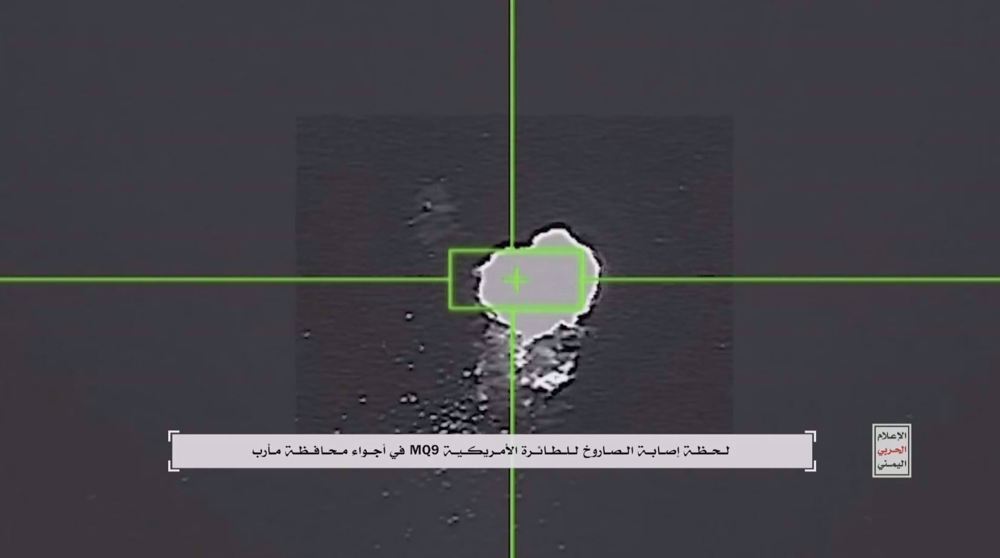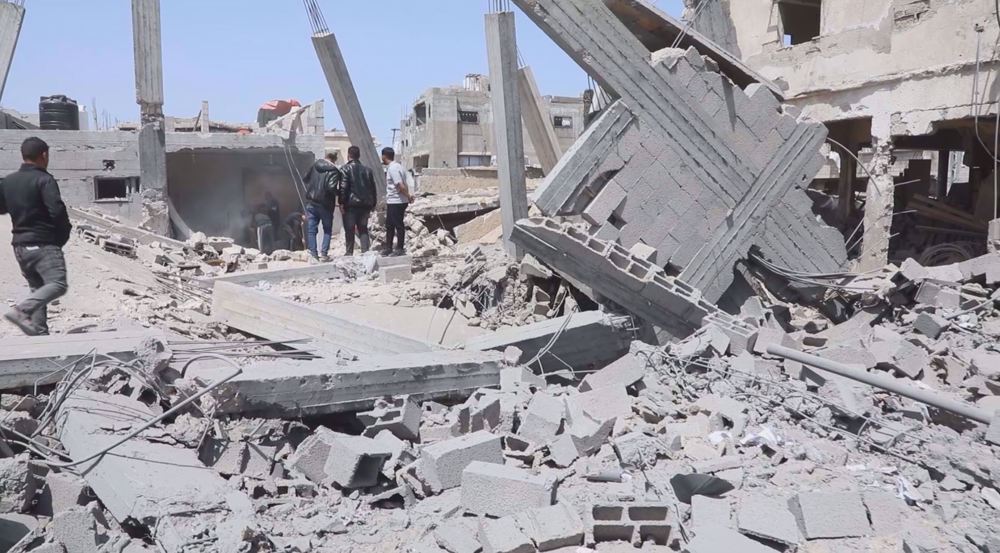Bahrain follows UAE to normalize ties with Israel
Saeed Pourreza
Press TV, London
"This is a historic breakthrough to further peace in the Middle East" says the joint statement from Israeli Prime Minister, Bahrain’s King Hamad of Bahrain and Trump, on the establishment of ties between Bahrain and Israel. To the Palestinians and these Bahrainis, it’s just another ‘dark day’ for the Arab world.
And it’s all happening while the Palestinians continue to languish under occupation in East Jerusalem-al-Quds and the West Bank, and in Gaza, the world’s largest open-air prison. The price exacted from Israel, UAE and Bahrain leaders say is Israel's agreement to stop its West Bank annexation, an idea Israeli Prime Minister Netanyahu seems to have already backed away from:
But would Abudhabi and Manama have normalized ties with Israel without cues from Saudi Arabia, the authors of the so-called Arab peace plan that demanded Palestinian independence before anything. So what are these Arab kingdoms getting in return for handing the US president a diplomatic victory, and to Israel an opportunity to threaten Iran from their soil.
In his characteristic hyperbolic language, the US president has spoken of ‘’tremendous enthusiasm” among other Arab countries to follow suit, showcasing himself as a peacemaker ahead of the Nov. 3 election, particularly in a swing state such as Florida, where the fate of Israel is a top political concern.
So far, Saudi Arabia have opened their air-space to flights between Tel-Aviv and the UAE, the first step perhaps towards abandoning the Palestinian cause and recognizing Israel. But when that will happen, is a matter of wait-and-see.

Yemen shoots down another US drone

Israeli killers pursues Palestinians inside the 'Safe Zone'

Gaza's healthcare system collapsing amid ongoing siege
Israeli warplanes carry out more airstrikes near Damascus
Denmark's PM visits Greenland after Trump threat to seize it
Pezeshkian: If Muslim nations unite, enemies cannot oppress them
Hundreds of thousands of Gazans flee as Israel ‘wipes out’ Rafah
Trump tariffs spark global condemnation as markets crash
Russia blasts Trump’s 'unacceptable' threat of bombing Iran
VIDEO | Yemen shoots down another US drone
VIDEO | Israeli killers pursues Palestinians inside the 'Safe Zone'






 This makes it easy to access the Press TV website
This makes it easy to access the Press TV website